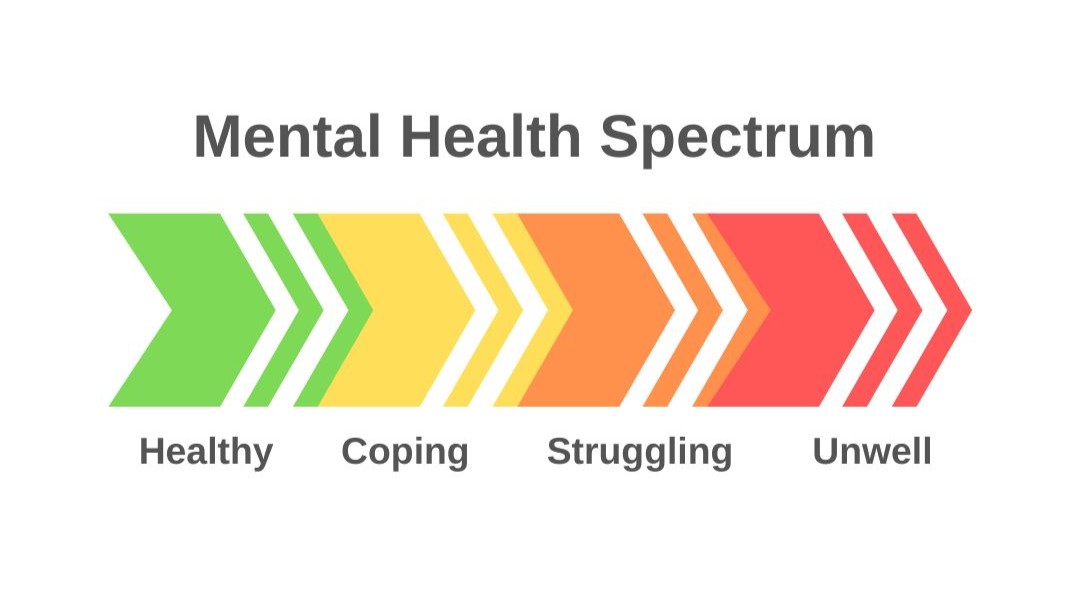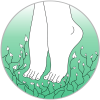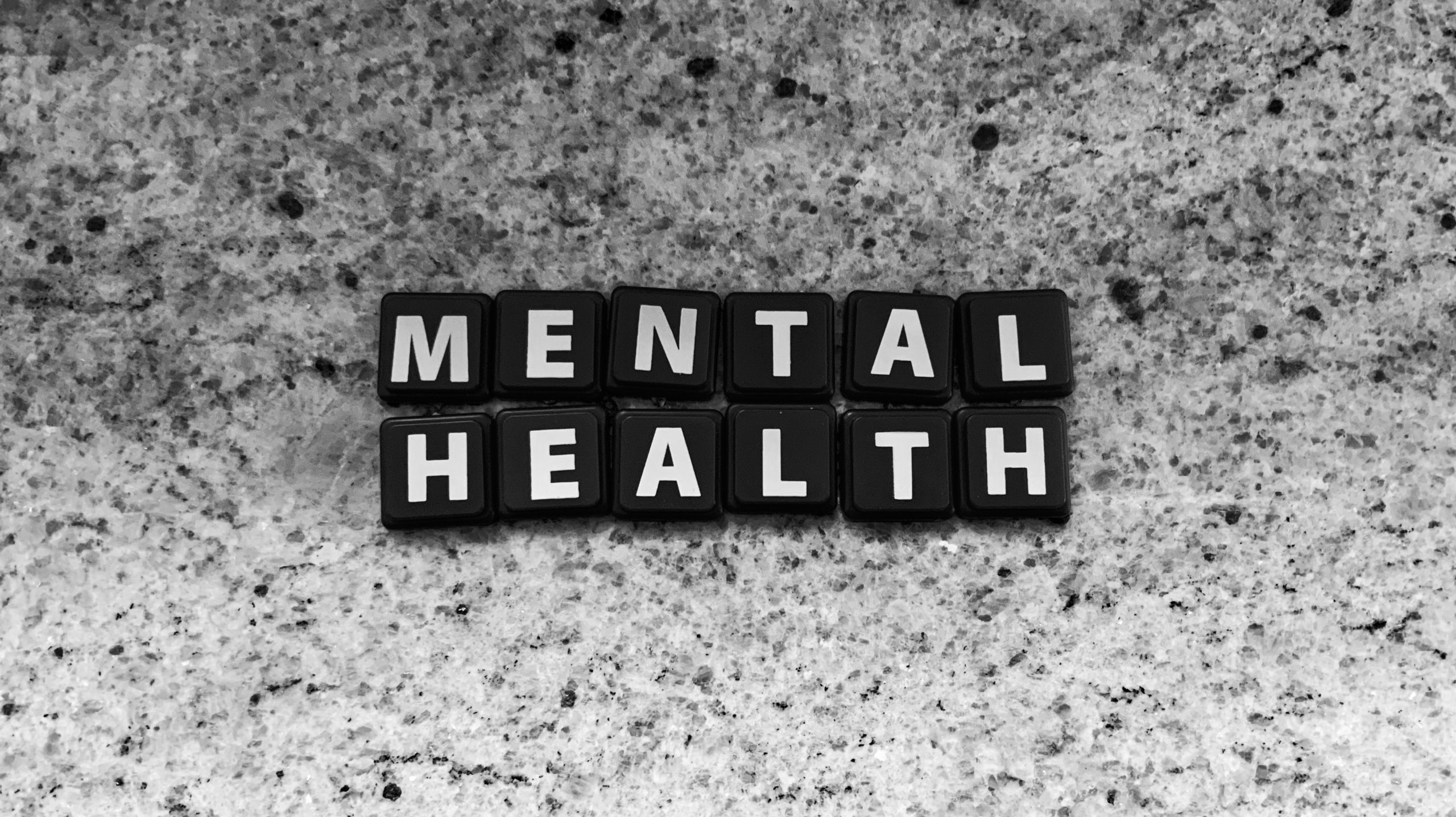What is Mental Health?
“Mental health is a state of well-being in which every individual realizes his or her own potential, can cope with the normal stresses of life, can work productively and fruitfully, and is able to make a contribution to her or his community”
– WHO (2018)
Mental health, much like physical health, is a resource that allows us to function, deal with stress, engage in meaningful work, and contribute to society. When this resource is compromised, mental health difficulties (ranging from mild symptoms to clinically diagnosed mental health conditions) can affect our thoughts, emotions, behaviours and social relationships. Unfortunately, stigma and poor mental health literacy continue to be significant barriers to people seeking support for mental health difficulties. Seeking help early can prevent a more serious mental health condition.

What is Mental Health Literacy?
“Mental health literacy is not simply a matter of having knowledge. Rather it is a knowledge that is linked to the possibility of action to benefit one’s own mental health or that of others.”
– Anthony Jorm (2012)
Mental health literacy can be described as: the knowledge individuals have about mental health conditions, their symptoms and causes; understanding of self-management strategies; knowledge of where and how to seek help or support, and intentions to do so (Jorm, 2012). I will not attempt to cover the topic in great detail, but here a few aspects of mental health literacy and some questions to ask yourself in order to stimulate curiosity and encourage building your own mental health literacy:
Ability to recognise mental health conditions, such as signs and symptoms
- How to recognise low mood?
- What does a panic attack feel like?
- Is it just stress of burnout?
Knowledge of risk factors: knowing what puts individuals at greater risk for specific mental health conditions
- How does our childhood affect our functioning as adults?
- How our environment shapes our experience?
- How our social networks support or hinder our flourishing?
Knowledge of self-treatment: knowing how someone can help themselves
- What skills can I build to help me cope with everyday challenges (e.g., mindfulness, self-compassion, setting boundaries)?
- What self-help resources are available?
- Who are the support team in my life?
Knowledge of how to seek and access mental health information and support
- What are the differences among psychologists, psychiatrists and therapists?
- How to access mental health support in your country?
- How to choose a good mental health professional?
- How to act in case of mental health emergency?
The more we learn about mental health and the more willing we are to act in support of ourselves and others, the less powerful the stigma surrounding mental health in society becomes. Seeing mental health as a dynamic continuum reminds us that we all may be at risk of mental health difficulties at some point in our lives, but also points to the fact that there is hope for meaningful change from struggling to flourishing if we employ the right support.
References
Jorm, A. F. (2012). Mental health literacy: Empowering the community to take action for better mental health. American Psychologist, 67, 231–243.
World Health Organization (2018) Mental health: strengthening our response. Available at: https://www.who.int/news-room/fact-sheets/detail/mental-health-strengthening-our-response (Accessed: 21 November 2020).

